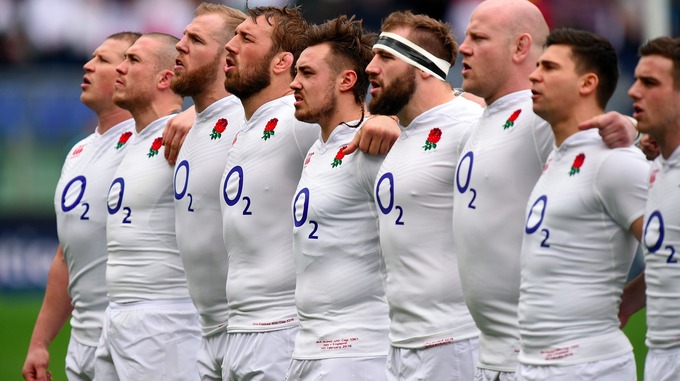By Daniel Gaffney
If you have been following this year’s Guinness Six Nations, you will know that the English Rugby Team will have to recover pretty quickly after Sunday’s defeat in Paris.
After their impressive run to the World Cup final in 2019, Eddie Jones’ men went into the game as what he himself called “the greatest team”. However after 80 minutes against France on Sunday, the boys in white looked anything but.
The defeat exposed the psychological difficulties that come with playing for England. Representing England is a peculiar existence, not just in international rugby, but across the whole world of international sport.
Matt Dawson- a World Cup winning scrum-half for England- said in a recent column:
“You cannot lose sight of what it is like to be an England rugby player. Everybody hates you. It is not a normal existence as a sportsperson.
It does not matter who you play against. They all hate England and want to beat England so they will welcome any minute motivation”.
England’s form in international competition fluctuates. In the case of rugby, football and cricket, England have won the World Cup once in each sport; but each team dates back to the latter half of the nineteenth century.
There has never been a period of English dominance in the same manner in which New Zealand dominated world rugby, or when the Spanish dominated international football between 2008 and 2012. Teams don’t fear England in the same sense as they would the All Blacks.
So why does everyone hate England?
Well the answer is rather predictable. Imperialism.
Teams are always more motivated when they play England, because the game is inherently political. To name one example, the upcoming rugby match between England and Scotland in Edinburgh is always fiery.
More commonly known as the Calcutta Cup, the game dates back to 1879, when an English team played a Scottish team in Calcutta. The trophy itself is of Indian workmanship, decorated with cobras and an elephant.

The game epitomises a history of English imperialism. Scotlands annual game against the “auld enemy” frequently alludes to the origins of the great rivalry: to the English invasion of Scotland in 1296. “Flower of Scotland”, the anthem used by Scottish national teams since the 1970’s, refers to Robert Bruce’s victory over Edward II at the Battle of Bannockburn in 1314. It is more than a game of rugby.
The Ashes, as well as the quadrennial British and Irish Lions tour are two more events that originated as imperial private-enterprises.

The Lions rotate their tours between Australia, New Zealand and South Africa (all former colonies), while the Ashes is always contested between England and Australia.
Both tours became state-sanctioned political tools to prove that the British were superior to their colonies and dominions, as well as to spread British values across the vast empire.
Equally, cricket games between England and Pakistan, or England and India attract vast crowds.
Foreign players are more motivated to turn up against English sides, because the desire to overpower a nation that previously ruled over yours is embedded within the psyche of the formerly colonised.
Before kick off on Sunday, the Scottish XV will sing:
“But we can still rise now,
And be the nation again,
That stood against him,”
It is a weird existence as an England player, because to play and fight against England is a display of nationalism. It is an opportunity for the formerly colonised, or victims of English oppression, to show that they are faster, stronger, better and just as free as the man or woman in the white shirt.


Leave a Reply